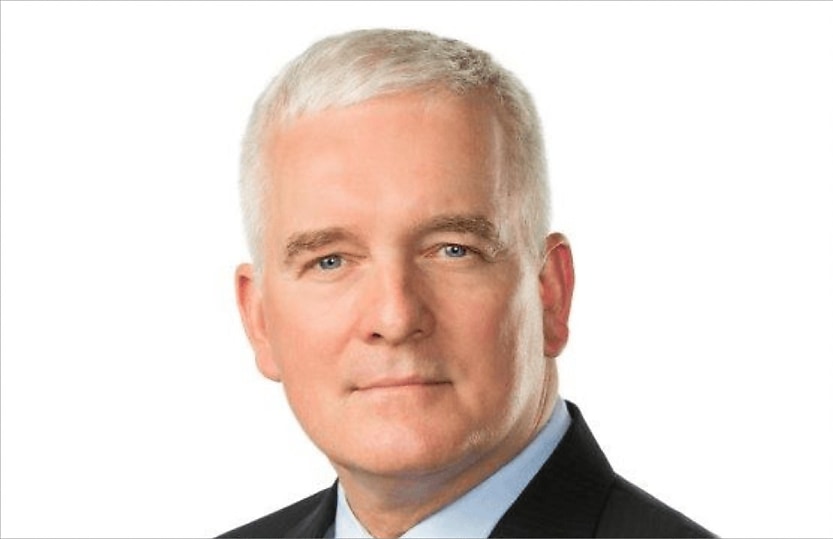Limited uptake of association membership by auditors ‘a travesty’, says IAA

The Institute of Internal auditors has revealed that only a third of the estimated 10,000 internal auditors belong to its association, which it says may be contributing to a decline in standards.
The Institute of Internal Auditors Australia (IAA Australia) has told a Parliamentary Joint Committee that around 70 per cent of the estimated 10,000 internal auditors practicing in Australia do not belong to a professional association for auditing.
“There are a lot of people out there practicing as internal auditors and we know that they’re not members of ours,” said IAA Australia chief executive Peter Jones, speaking before a PJC hearing on audit, assurance and the consulting industry.
“Internal audit is not a mandated profession within Australia so the law does not require people who practice as internal auditors to be members of an association.”
Auditors that are a member of IAA Australia are required to abide by global internal auditing standards and also the code of ethics it sets for members, he noted.
Mr Jones also told the Committee that he would not be surprised if many of the professionals providing consultancy services to the government were not bound by professional codes.
“If auditors are not members of our then they may not follow international auditing standards and they may work for government. I think that’s a great travesty that there are internal auditors out there that are not following the standards,” said Mr Jones.
For members who are following the standards, their internal audit functions need to be independently audited to ensure that the standards are being corrected and followed, he said.
“I think that’s in the public good,” said Mr Jones.
Senator Deborah O’Neill said there appeared to be little incentive for auditors or other professionals operating in the auditing and consulting space to be a member of an official organisation.
“If you’re not attached to an official organisation, then you’re not accountable to anybody. That’s fundamentally one of the problems that we’re struggling with [in terms of this industry],” said Ms O’Neill.
Limited disciplinary action taken against internal auditors
Mr Jones was also asked to provide details on the disciplinary actions undertaken by the association in regard to its members over the past decade.
The chief executive conceded that no disciplinary actions had been taken against members operating within the public sector specifically and only one complaint against a member had been investigated in the past 10 years.
“That complaint against the member was fully investigated and resolved,” said Mr Jones.
Recommendations for improving the quality of auditing
The IAA Australia has called for a range of recommendations in its submission to the PJC inquiry to help strengthen audit processes and improve governance.
“We believe that a robust commitment to internal audit that meets the global internal audit standards would help ensure that greater transparency and good governance is available to government departments, agencies and organisations they employ to help with the discharge of their duties,” said Mr Jones.
Mr Jones noted that there is currently no uniform federal regulation embedding internal audit as part of risk management or government practices.
“To demonstrate how this might look we can look to the NSW Government and the fourth edition is the ASX corporate governance council principles and recommendations,” he said.
The association has also called for the government to mandate five yearly external quality assessments on the work undertaken by professional services firms and internal auditors, particularly in respect of internal audit work that they may perform for the government.
About the author







